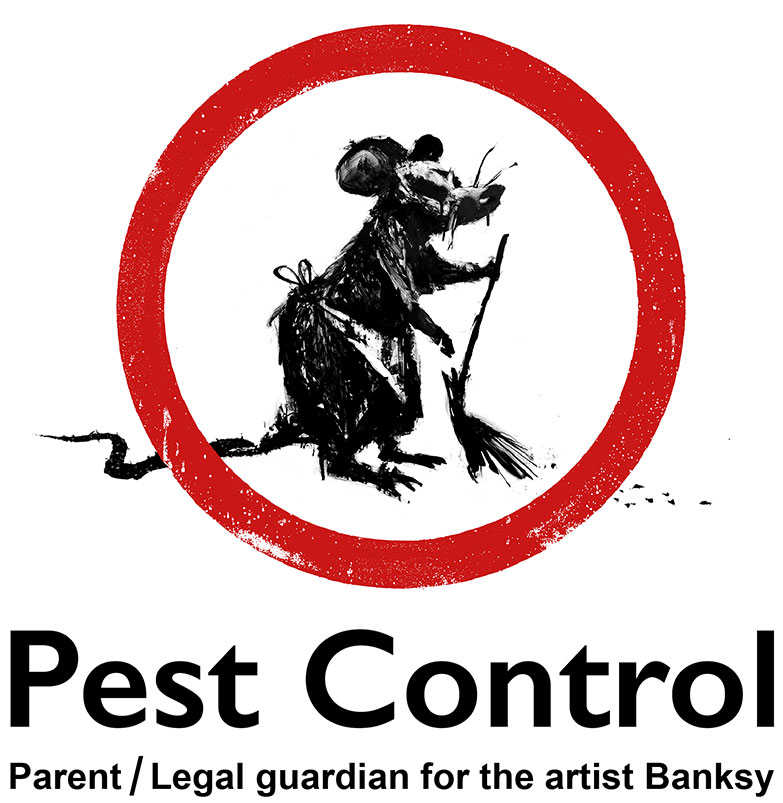A1 Bed Bugs Exterminator Portland - Quick and Specialist Service
A1 Bed Bugs Exterminator Portland - Quick and Specialist Service
Blog Article
Reliable Pest Control Solutions: A Comprehensive Appearance at Elimination Techniques and Avoidance Measures
In the world of parasite control solutions, the effective monitoring of infestations calls for a precise strategy that integrates numerous methods and steps for both removal and prevention. From Integrated Pest Administration (IPM) strategies that focus on lasting services to chemical extermination strategies designed for targeted removal, the collection versus parasites is vast and diverse.

Integrated Pest Management (IPM) Techniques
Integrated Insect Monitoring (IPM) Strategies include a comprehensive technique to pest control that concentrates on tracking, prevention, and control approaches to properly manage parasite populaces. By integrating various strategies, IPM aims to reduce the effect of bugs while likewise reducing the dependence on chemical pesticides. Avoidance exists at the core of IPM, stressing techniques like proper hygiene, upkeep of hygiene, and sealing entrance points to discourage insects from infesting buildings. Monitoring plays a critical function in IPM by consistently recognizing and examining insect degrees to figure out the proper intervention limits. Control methods in IPM prioritize using physical, biological, and cultural strategies prior to turning to chemical therapies as a last hotel. These approaches include presenting natural predators, habitat modification, and employing trapping gadgets to maintain insect populations in check. Generally, IPM cultivates a sustainable and ecologically conscious method to pest management, advertising long-lasting solutions that protect both human health and wellness and the community.
Chemical Elimination Techniques
Chemical extermination methods are commonly utilized in pest control services to effectively eradicate insect populaces that present a threat to human health and home. These methods entail making use of various chemical substances particularly created to target and eliminate parasites such as bugs, rodents, and various other unwanted animals. The application of pesticides, insecticides, rodenticides, and other chemical representatives is thoroughly regulated to ensure maximum efficiency while lessening risks to people, pets, and the environment.
Among the vital benefits of chemical elimination methods is their capacity to give fast and targeted outcomes, making them especially beneficial in cases of serious problems or immediate parasite control demands - a1 residential pest control portland or bed bugs. However, it is vital to highlight the importance of appropriate handling, application, and disposal of these chemical items to avoid unintentional harm
In addition, incorporated parasite monitoring (IPM) strategies frequently integrate chemical extermination strategies with various other approaches such as hygiene, environment modification, and organic controls to create a lasting and thorough insect control technique. By integrating chemical elimination strategies carefully within an IPM framework, parasite control services can properly take care of bug populations while minimizing possible dangers to human health and wellness and the atmosphere.
Biological Pest Control Approaches
Utilizing all-natural predators and bloodsuckers to manage parasite populations is a lasting technique called organic bug control. This approach uses the natural mechanisms of the ecological community to control parasite populaces without depending on synthetic chemicals. One typical organic control method involves presenting natural adversaries of the target insect types, such as ladybugs for aphid control or nematodes for termite problems. These all-natural killers prey on the parasites, aiding to maintain their populations in check.
One more efficient organic control approach is using microbial pesticides. These are normally occurring microbes, such as bacteria, infections, and fungis, that specifically target and infect specific bug types. By using these microbial agents, parasite populaces can be properly reduced without hurting advantageous microorganisms or creating injury to the environment.
Physical Parasite Avoidance Steps
Implementing physical insect prevention actions includes making use of barriers and structural modifications to prevent pests from infesting a building or getting in. Setting up door sweeps, displays on home windows, and securing cracks in the structure can assist protect against insects like pests and rats from gaining accessibility indoors.
Another physical avoidance action is making use of barriers like secure fencing to keep larger bugs such as raccoons or deer away from the home. Installing mesh or cable screens around yards can secure plants from being damaged by pests. Correct waste monitoring, including securing garbage cans with tight-fitting lids, is important in preventing parasites like rats, pests, and raccoons. By implementing these physical insect prevention measures, residential or commercial property owners can substantially decrease the danger of insect invasions and the damages they can create.
Specialist Insect Examination Treatments
Carrying out comprehensive and organized bug assessments is a basic element of professional parasite administration protocols. Professional pest inspectors are trained to meticulously examine residential or commercial properties for indicators of problems, identifying pest species, entrance factors, and helpful problems.

Conclusion
Finally, effective parasite control solutions utilize a selection of techniques, including Integrated Pest Administration methods, chemical elimination approaches, organic controls, and physical avoidance measures. Expert pest examination procedures play a vital function in recognizing and resolving pest concerns in a prompt fashion. By applying a combination of these techniques, homeowner can efficiently handle and stop pest invasions.
From Integrated Parasite Administration (IPM) strategies that focus on sustainable solutions to chemical extermination techniques designed for targeted elimination, the toolbox versus insects is large and multifaceted.Integrated Bug Administration (IPM) Approaches include a thorough technique to pest control that concentrates on tracking, prevention, and control methods to successfully handle parasite populations.Chemical elimination strategies are commonly utilized in parasite control services to successfully eliminate parasite populaces that position a risk to human wellness and building.Using natural predators and parasites to handle parasite populations is a lasting approach understood as biological parasite control.In conclusion, effective pest control solutions employ a range of methods, consisting of Integrated Insect Management methods, chemical elimination approaches, biological controls, and physical avoidance steps.
Report this page